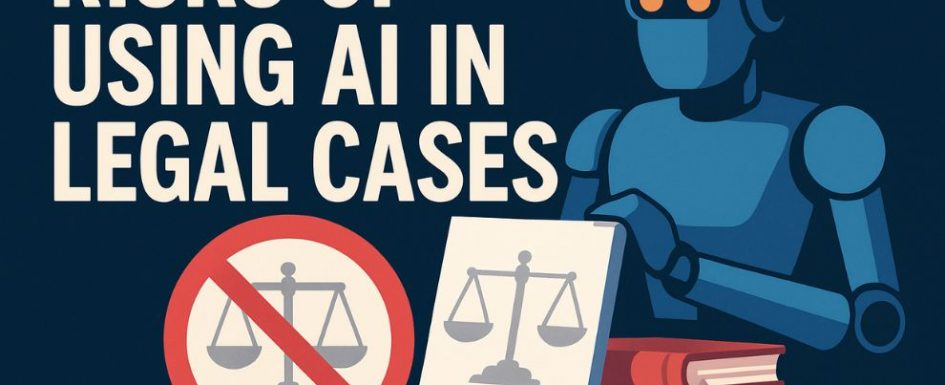Article by Frank Higginson
Published on November 4, 2025
This article was referenced in the Courier Mail City Beat, November 2025
The risks of using artificial intelligence to lodge a legal case against a body corporate have been brought home for one Brisbane lot owner whose case has been dismissed as misconceived and without substance and costs of $2,000 awarded against them.
In a ruling from the Office of the Commissioner for Body Corporate and Community Management, the adjudicator criticised the applicant for apparently relying on AI to generate references to case law, many of which did not exist.
The adjudicator noted: “The applicant cites quotes and reports that do not appear to exist or, if they do, the applicant has not produced them despite my requests. The applicant cited incorrect or irrelevant provisions of the legislation on numerous occasions throughout the application, and mischaracterised those that were relevant. The applicant cited cases as precedent for various propositions, but those cases either do not exist or have little or no relevance to this dispute.”
Further, the adjudicator wrote, “The way the applicant pursued this application, including the continual reliance on non-existent or irrelevant case law and legislative provisions, and incorrect or unsubstantiated claims about the submitted evidence, has impeded the determination of this application. It has certainly required more time for me to investigate the application and it undoubtedly increased the costs for the body corporate to respond to the application. I am satisfied the application is misconceived and without substance. Moreover, I consider the scale of the deficiencies in the submitted material amounts to an abuse of process. The body corporate has been put to considerable expense in responding to this application. The resources of this office have also been wasted. I am satisfied an award of costs is warranted.”
The case, initiated by the lot owner against the Sky Gardens unit complex in Upper Mount Gravatt, was dismissed.
While this appears to be the first case of AI-use being caught out in the BCCM, horror stories of AI-gone-rogue are now commonplace.
The consultancy Deloitte Australia faced the embarrassment of having to admit that it had presented the Federal Government with a report (and an invoice for $440,000) which later was revealed to contain references and footnotes to papers, books and people that did not exist. Deloitte had used AI in preparing the report, and AI had simply made them up.
A Victorian lawyer has been sanctioned and stripped of his ability to practise as a principal lawyer after using false citations that had been generated by hallucinating AI.
The risks associated with using dodgy AI-generated material in the law have forced the Supreme Court of Queensland to issue a practice direction that written submissions to the court must now include the name of the individual solicitor or barrister. That way, the onus falls on the individual to ensure everything they present to the court is accurate and correctly and relevantly referenced.
While AI can respond to prompts with what appears to be coherent legal advice, there is no safeguard against it making up material.
Without wanting to sound self-serving, lawyers provide value by having a holistic understanding of a legal process.
While AI may have some merit in drafting email correspondence or in providing a superficial outline to a legal issue, the platforms still fall well short of producing legal material that can be totally relied upon. The consequences of what happens when AI hallucinates are potentially financially horrific. Adjudicators in the Commissioner’s Office are restricted from awarding more than $2,000 costs in any matter. Other courts do not have those limitations, so serving up a bunch of made-up references and case law in any proceeding can be expected to have some significant costs consequences.
The law is a people business – there is still some value in being human in this regard. Of course, this is a tad subjective – but be aware that relying on a computer to guide your legal arguments is fraught with danger.
The full adjudication can be found here: https://www8.austlii.edu.au/cgi-bin/viewdoc/au/cases/qld/QBCCMCmr/2025/373.html
